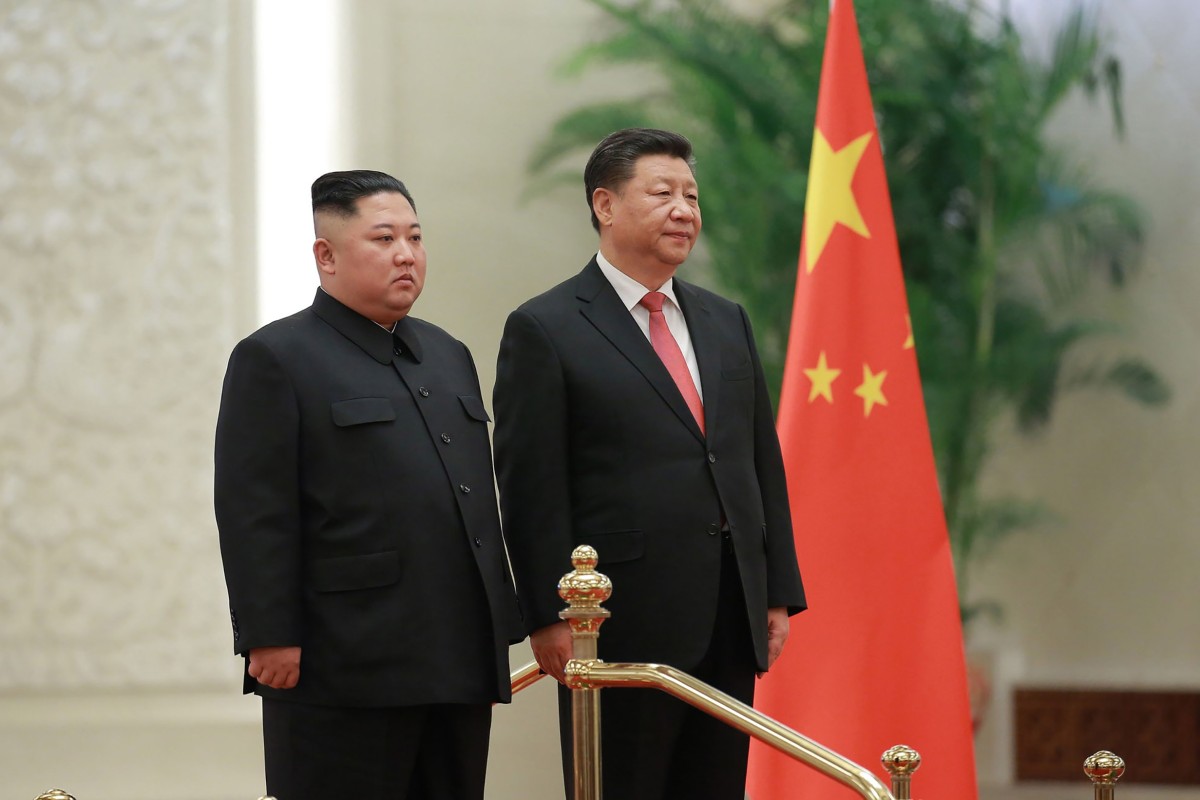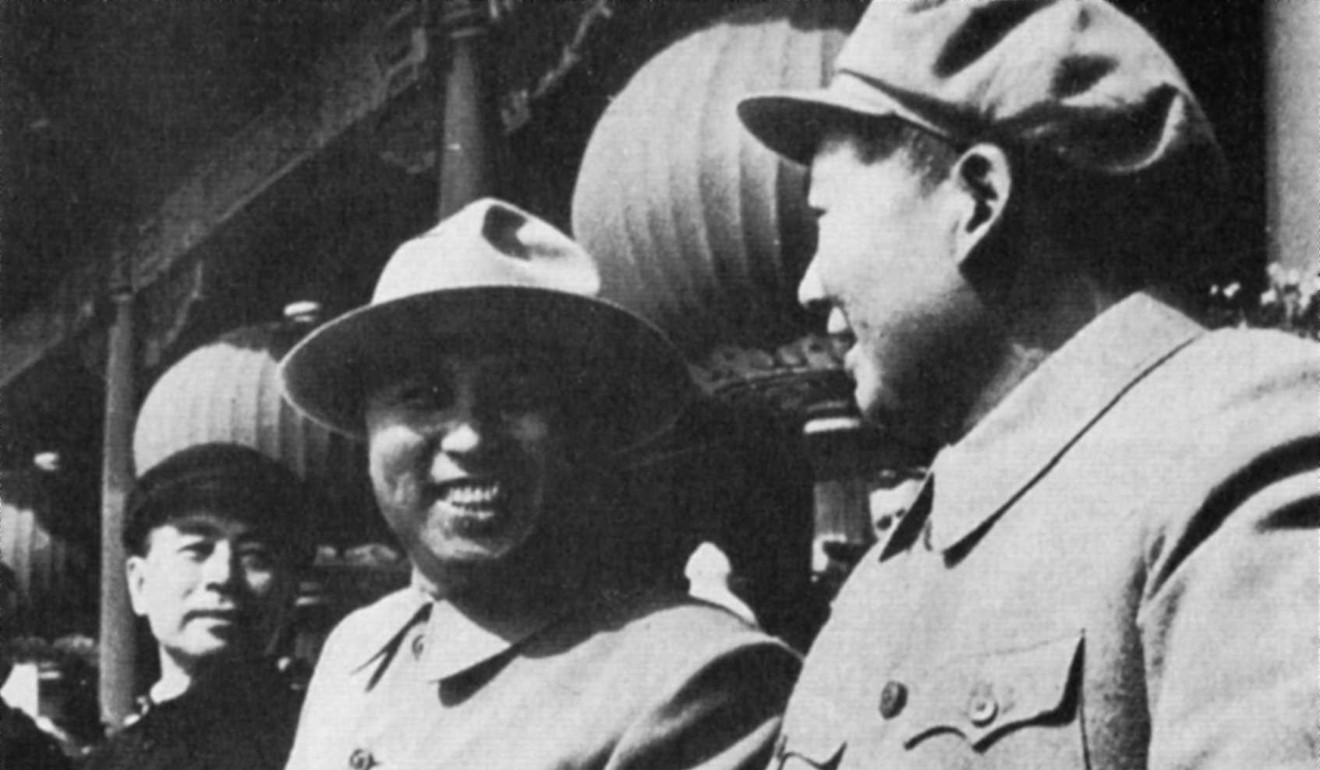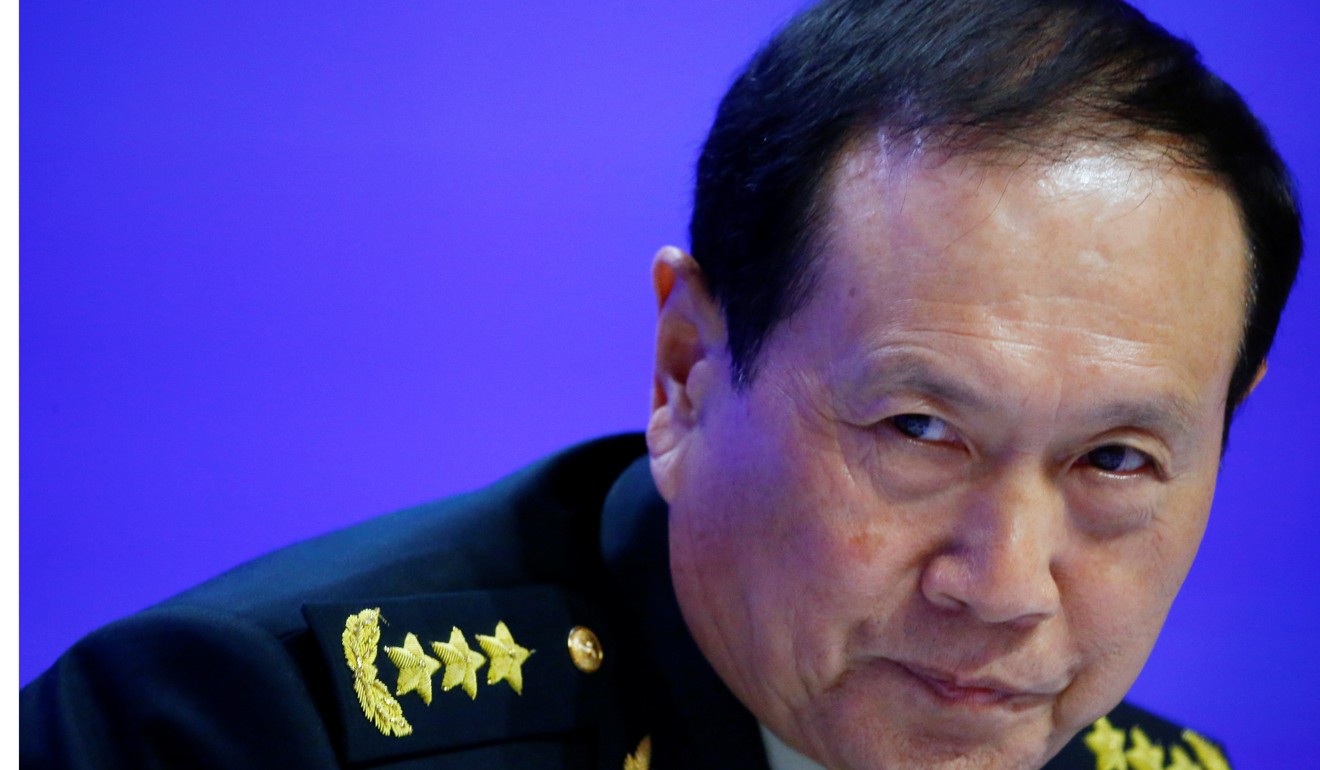Ankit Panda
 Well over a year since accepting Kim Jong-un’s invitation to Pyongyang in March 2018, Xi Jinping has arrived in the North Korean capital.
Well over a year since accepting Kim Jong-un’s invitation to Pyongyang in March 2018, Xi Jinping has arrived in the North Korean capital.
The Chinese president’s visit is the first of its kind since his predecessor’s trip to see the North Korean leader’s father, Kim Jong-il, in 2005.
The relationship between China and North Korea has been through a fair bit in the 14 intervening years. Kim, like his father in the mid-to-late 1990s, spent his first years in control of the monolithic North Korean system by consolidating his rule.
It was only once this project was completed, alongside the attainment of what Kim termed a “complete” nuclear deterrent by the end of 2017, that the turn towards diplomacy began.
Xi was Kim’s first overseas call, underscoring that despite being stuck in the doldrums between 2011 and 2017, the diplomatic relationship with China is the most important one for Kim’s North Korea.
For a while, it seemed that Kim had followed that call. He visited Xi twice more in 2018 and once again in January this year, underscoring a consultative relationship of sorts.
Optimists saw Kim’s interest in Xi’s China as a harbinger of a Deng Xiaoping-style reforms in North Korea, even though that may have been a premature assessment.
Critically, Kim met the Chinese leader both before and after the Singapore summit meeting with Donald Trump.
This year, while Kim met Xi before his ill-fated late-February summit with Trump in Hanoi, Vietnam, he did not break up his long train ride home from Hanoi to Pyongyang with a stopover in Beijing to brief Xi on what might have gone wrong in Hanoi.
Kim’s luck hasn’t quite been what he’d have wanted. A highly anticipated summit with Vladimir Putin largely fizzled in late April, failing to produce any kind of direct pronouncement from the Russian President against the advisability of the existing United Nations sanctions regime against North Korea.
 Kim Il-sung, grandfather of the current North Korean leader, pictured in Beijing with Mao Zedong and Zhou Enlai (left) in 1954. Photo: Xinhua
Kim Il-sung, grandfather of the current North Korean leader, pictured in Beijing with Mao Zedong and Zhou Enlai (left) in 1954. Photo: Xinhua
Share:
With the exception of the summit with Putin, Kim appears to undertaken a reassessment of North Korea’s strategic position and options after the disappointing outcome in Hanoi.
In this environment, Xi’s visit to Pyongyang, which has been given the rare designation of a “state visit” by North Korean state media, takes on particular importance.
Sure, this year marks the 70th anniversary of China-North Korea diplomatic relations, coinciding with the founding of the People’s Republic of China itself.
But beyond this, Kim has incentives to seek out Xi’s support on a range of matters, ranging from economic cooperation to greater backing from Beijing at international forums.
This meeting with Xi will be unlike any of the previous four Kim-Xi encounters given the US-China tensions currently still simmering.
While the world anticipates the outcome of what the planned Xi-Trump encounter at the upcoming G20 summit might yield, China still enjoys considerable leverage over US strategic objectives in the Asia-Pacific owing to its unique economic relationship with North Korea.
This upcoming summit may offer the clearest evidence, for instance, that Beijing is content to let the air out of the US “maximum pressure” campaign against North Korea.
After Patrick Shanahan, the acting US defence secretary, presented Chinese Minister of Defence Wei Fenghe with a “picture book” documenting illicit North Korean ship-to-ship transfers in Chinese territorial waters, such a message would be a clear snub to US interests.
 Defence Minister Wei Fenghe was handed evidence of illicit North Korean ship-to-ship transfers in Chinese waters by his US counterpart. Photo: Reuters
Defence Minister Wei Fenghe was handed evidence of illicit North Korean ship-to-ship transfers in Chinese waters by his US counterpart. Photo: Reuters
Share:
But as with previous summits, both sides will keep what transpires between Xi and Kim close to their chests. Neither China nor North Korea is in the business of offering detailed readouts on the policy outcomes of high-level summits.
At the least, the state visit will mark a major moment in the history of China-North Korea relations as they celebrate 70 years of diplomatic ties. At the most, Kim makes it clear to the world that he has Xi’s backing.
North Korea’s scepticism toward great powers – all great powers – may remain well in place, but it pays to be seen as having friends on the international stage.
No comments:
Post a Comment